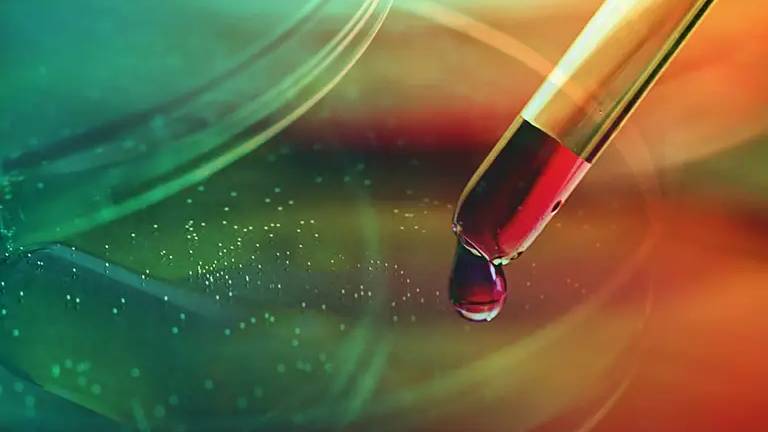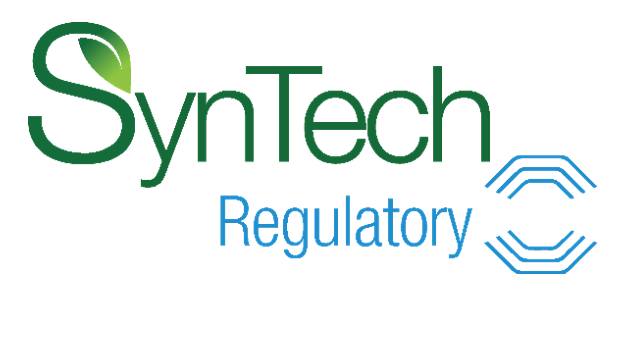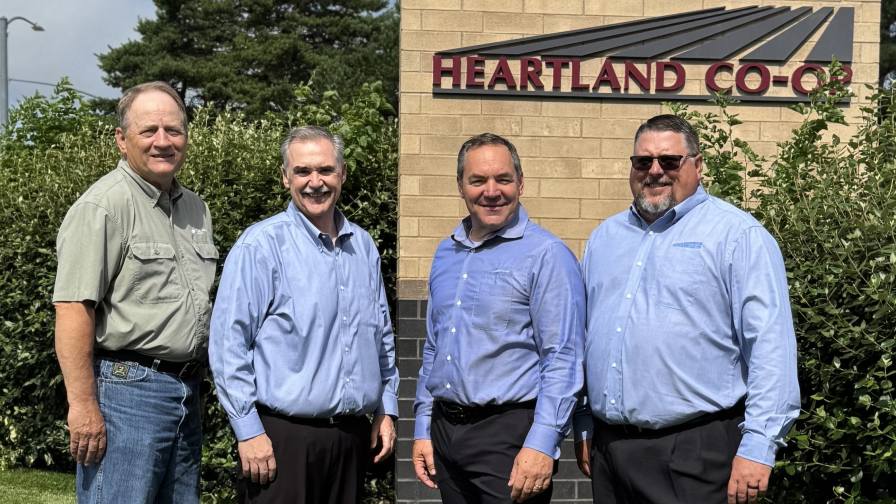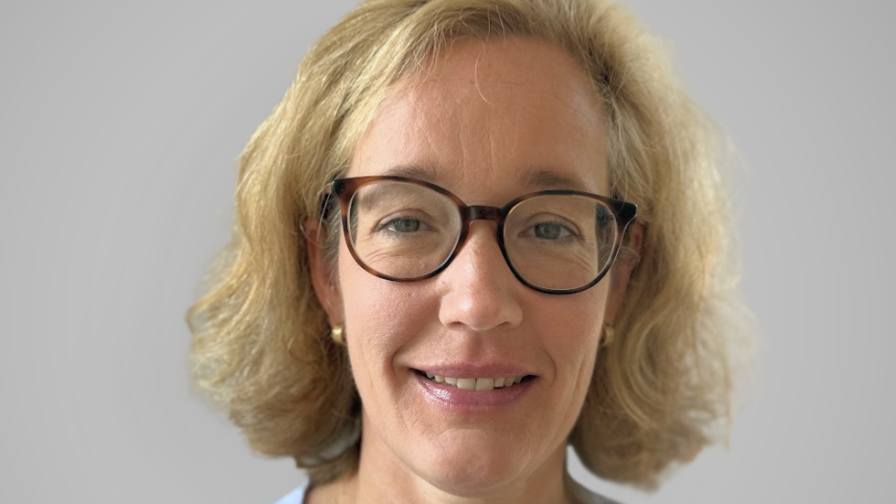Russia Seeks Origination Capacity, Formulation Expertise
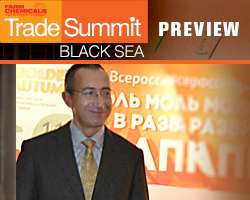
Kyril Kalakutsky, marketing department head of Bayer CropScience Russia
Editor’s Note: This is part of an ongoing series of articles focusing on the Black Sea Region, site of the next FCI Trade Summit, 12-13 December, 2013. For more information about the event and to register, click here.
Russia’s largest producers of crop protection products and importers have called on the national government to create conditions for further development of the market by adopting a new set of measures for its support.
Last year the Russian crop protection market reached $1.1 billion in value and by the end of the current year is expected to grow by another $200 million – a record figure for the industry. However, despite such impressive results, certain problems continue to prevent rapid development of the industry.
According to Elena Alekperova, CEO of Kleffmann-Agrostat, the Russian branch of the agricultural market research provider, the market’s growth has slowed in recent years. If in 2008-09 the annual growth rates of the market were 20%, then in 2012 it was only 8%.
According to producers, imperfect legislation remains a major problem, including legislation for state registration of crop protection products. Producers say the adoption of a Crop Protection Act will not only help to improve phytosanitary access, but will also facilitate the registration process – this is especially important as new pest pressures arise.
Kyril Kalakutsky, marketing department head of Bayer CropScience Russia, said the main problems of the Russian market are its limited range of products, even compared with the CIS and Eastern Europe states, as well as its long timeframes for registering new products. This negatively affects the competitiveness of the Russian agricultural production in domestic and foreign markets, and in particular those crops which are cultivated on small areas.
However, lack of production of active substances in Russia is potentially the most pressing issue in the country’s crop protection market.
Vladimir Alginin, deputy CEO of Avgust, Russia’s leading producer of crop protection products, commented: “The production of active substances currently remains unprofitable for domestic producers. During Soviet times, Russia had its own production of active substances; however, after the collapse of the USSR it practically ceased. In this regard, most Russian producers specialize in the production of formulations.”
Progress Being Made
The Russian government is aware of the current situation in the industry and is considering ways to improve it. In recent months, some steps have been taken. In April 2012, the government approved the coordination program for development of biotechnologies, which also involves the development of local production of crop protection products. The first stage of the program, in place until 2015, includes the development of the regulatory framework as well as scientific and technical documentation of crop protection product application and registration, as well as priority use of biologicals.
In addition, a special working group in the Russian government – headed by Russia’s Deputy Prime Minister Arkady Dvorkovich – is charged with developing the domestic crop protection and biotechnology industry. In recent years, many Russian regions have also adopted their own programs for the domestic development of biotechnologies and crop protection products.
Broken down by product type, the share of herbicides in the Russian market is estimated at 71%, followed by fungicides (16%) and insecticides (9%), followed by other products.
In recent years, tillage intensity has significantly increased in Russia. One trend in particular is the ever-growing use of complex preparations, which is reflected by the fact that up to 50% of treatments of selective herbicides are used in tank mixtures.
Among the leading market players are such foreign and domestic giants as Bayer, BASF, Syngenta, DuPont, as well as Avgust, Schyolkovo Agrokhim and Agro Expert Group, which account for 81% of the market.
Alexander Laptev, deputy head of the center of the biological regulation of pesticide use of the All-Russian Institute of Plant Protection, says application methods of crop protection products in Russia have changed significantly in recent years. This primarily applies to insecticides, which are currently also used in seed treatments and planting material.
According to Laptev, the range of Russian producers remains limited, which creates good opportunities for further development and new product launches.
Russian analysts believe that the domestic crop protection market has big potential for further growth, as so far about 30% of the country’s cultivated land remains unprotected from pests. According to analysts’ predictions, from 2013-2017 the market will continue to grow 6.2 % per year. By 2017, Russia’s total sales volume is expected to reach 140 million tonnes – up 35% from 2012.

